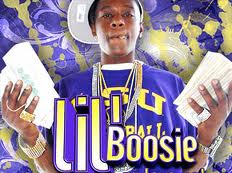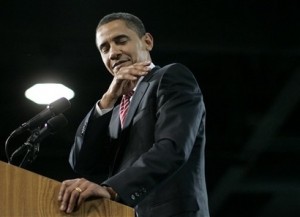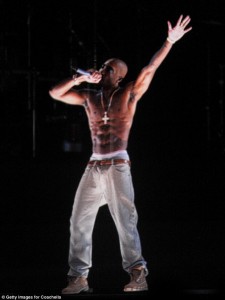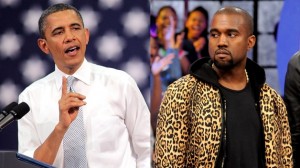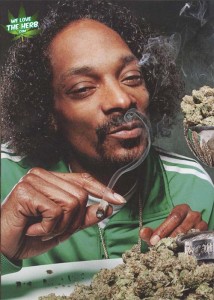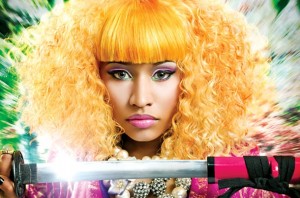Just a quick update here. It looks like Judge Mike Erwin has decided to allow prosecutors to introduce some of Boosie’s lyrics in his upcoming murder trial. This was as predictable as it is unfortunate. As I’ve written before, this is a very common prosecutorial practice but in my view it amounts to dirty pool. People who know rap music recognize that violent or sexually graphic lyrics are almost always exaggerated–it’s an expectation, especially from gangsta-inspired acts–and that they are rarely intended to depict pure reality. When I watch the movie Scarface, I don’t believe that Al Pacino, the actor playing Tony Montana, actually mowed people down with a machine gun. It’s fiction; Montana is a character. Rappers are also providing a kind of fiction. Yes, this fiction often comments on, or reflects, the environment they know well, but it’s not to be taken at face value. Indeed, nearly all rappers adopt a stage name (or an alias) that should signal to us that they are in character and free to embellish. In fact, exaggeration is one of the hallmarks of rap music, not to mention the oral traditions on which rap is based. Lil Boosie may have more in common with Torrence Hatch than Tony Montana does with Al Pacino, but he is still a construct. This is not a tough concept to grasp…
And prosecutors generally do grasp it, which is why bringing in lyrics anyway is kind of cheating. The articles I’ve read (and referenced elsewhere) on this tactic all agree that introducing rap lyrics is very likely to sway a jury, especially a jury that doesn’t understand or appreciate the conventions of the genre. And of course that’s the idea–bring in some rap lyrics and forget about the troublesome task of gathering real evidence. Let’s hope Boosie’s lawyers are fully prepared for this now because if they appeal down the road on the grounds that the lyrics shouldn’t have been admitted, they will probably lose. That’s how out of touch the justice system is.

